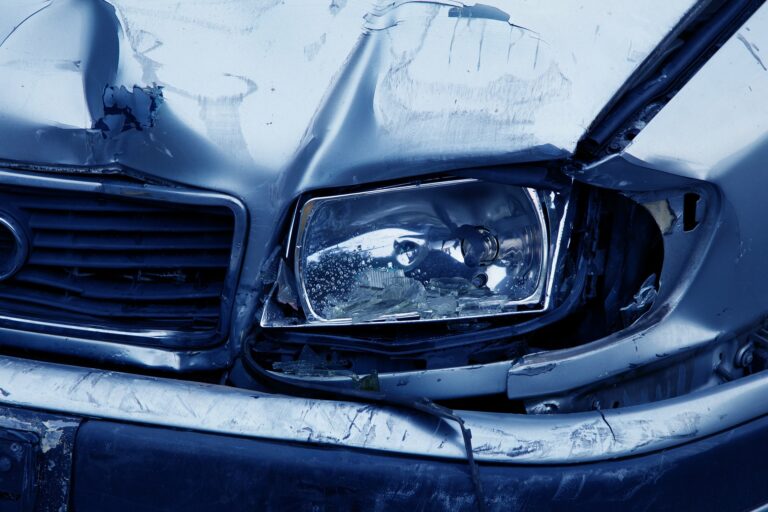Road users in Calgary are bound by the laws set out under Section 320 of the Criminal Code as well as the Traffic Safety Act of Alberta.
While contravention of the Traffic Safety Act may result in fines, demerit points for drivers, or licence suspensions, criminal driving comes with harsher penalties and the prospect of a lifelong criminal record.
If you face criminal driving charges, regardless of how compelling the evidence might seem against you, it’s important not to admit guilt.
Your future employment prospects, freedom to travel and other liberties may be at stake.
Cory Wilson is a criminal driving lawyer based here in Calgary. His extensive experience in defending such cases can help you evade the serious consequences of a conviction.
What is criminal driving?
A criminal driving charge means that you are processed by the criminal justice system here in Calgary.
You will be booked and fingerprints/photographs will be taken by the police. The arrest will be on your record. Speaking to a lawyer should, therefore, be a priority.
Many types of driving offences fall under the broad term of “criminal driving”, which is not an offence in itself.
Some of the most common criminal driving offences include:
- Impaired driving – operating a vehicle while under the influence of either alcohol or drugs
- Dangerous driving – causing death or bodily harm while operating a motor vehicle, vessel or aircraft
- Failure to stop at the scene of an accident
- Refusing to provide a breath sample when requested by a law enforcement officer
- Driving without authorization or when disqualified or prohibited
More detail about some of these offences is provided in the next section but it is important to first understand the full consequences of a conviction.
Penalties may include mandatory minimum sentencing, with jail time and a lifelong criminal record, as well as substantial fines and the loss of your driver’s licence.
What is the difference between dangerous driving and careless driving?
Careless driving is the act of driving without reasonable care or attention to others on the road – whether or not it resulted in an accident.
A typical example is swerving out of your lane because you were distracted. It can be intentional or unintentional behaviour – no proof of intent is required by the prosecution in a careless driving case.
Rather than a criminal offence, it is a violation of the Alberta Traffic Safety Act. However, that does not mean that the penalties are not serious.
If you are found guilty of careless driving, you will likely face a fine of up to $2000, six demerit points on your licence, and a possible licence suspension of three months. You could even face jail time of up to six months in the most serious cases.
Harsher penalties also apply for careless driving resulting in the death or injury of another person.
Dangerous driving, on the other hand, is a criminal offence with serious long-term consequences, with the arrest going on your record and a potential lifelong criminal record.
It is considered more serious than careless driving because of the reckless regard for public safety that it involves. Actions such as speeding in a school zone or particularly aggressive driving are good examples.
In keeping with its more serious nature, the penalties are also harsher.
Dangerous driving is potentially an indictable offence carrying jail time of up to five years. If someone was injured, the prison term can be up to 10 years as well as a five-year driver’s licence suspension. If the death of another person is caused, dangerous driving is an indictable offence with up to 14 years in prison.
In these most serious cases, the prosecution only has to prove that your actions were a contributing factor in the injury or death of the other person.
What is driving while disqualified?
Driving while disqualified means that you operate a motor vehicle while your driver’s licence has been suspended. Learn more.
This may be due to a previous traffic safety offence or criminal offence for which part of the punishment was a licence suspension. Learn more.
You are not permitted to operate a motor vehicle until your licence is fully reinstated and, for that to happen, you need to take steps for reinstatement.
Some drivers are caught out by the fact that this does not happen automatically after the suspension period ends.
Driving while disqualified is a criminal offence for which the following penalties may apply:
- A significant fine
- A jail term of at least 30 days
- An additional licence suspension of two to five years
Common defences for criminal driving
It is difficult to generalize about defences for criminal driving because it is such a broad term.
In any criminal driving case, your lawyer will carefully review the circumstances of your arrest and charge and all of the facts and evidence involved.
Criminal driving cases centre on the actions that you took inside the vehicle so establishing clearly what happened and, if applicable, how it relates to an accident is key.
Some defences can also be built upon the actions that law enforcement takes at the scene of the arrest or at the police station.
Regardless of the weight of evidence, you are entitled to a defence and an experienced criminal driving lawyer will painstakingly pursue each of the best avenues to prepare the strongest possible defence for you.
Call us to arrange a confidential consultation
To speak with Cory Wilson or arrange a free, no-obligation consultation with Wilson Criminal Defence, call 403-978-6052 or email us here.
Cory Wilson is a criminal defence lawyer based in Calgary. If you have been charged with a criminal offence or are a suspect in a criminal investigation, call today for a free, no-obligation consultation.


